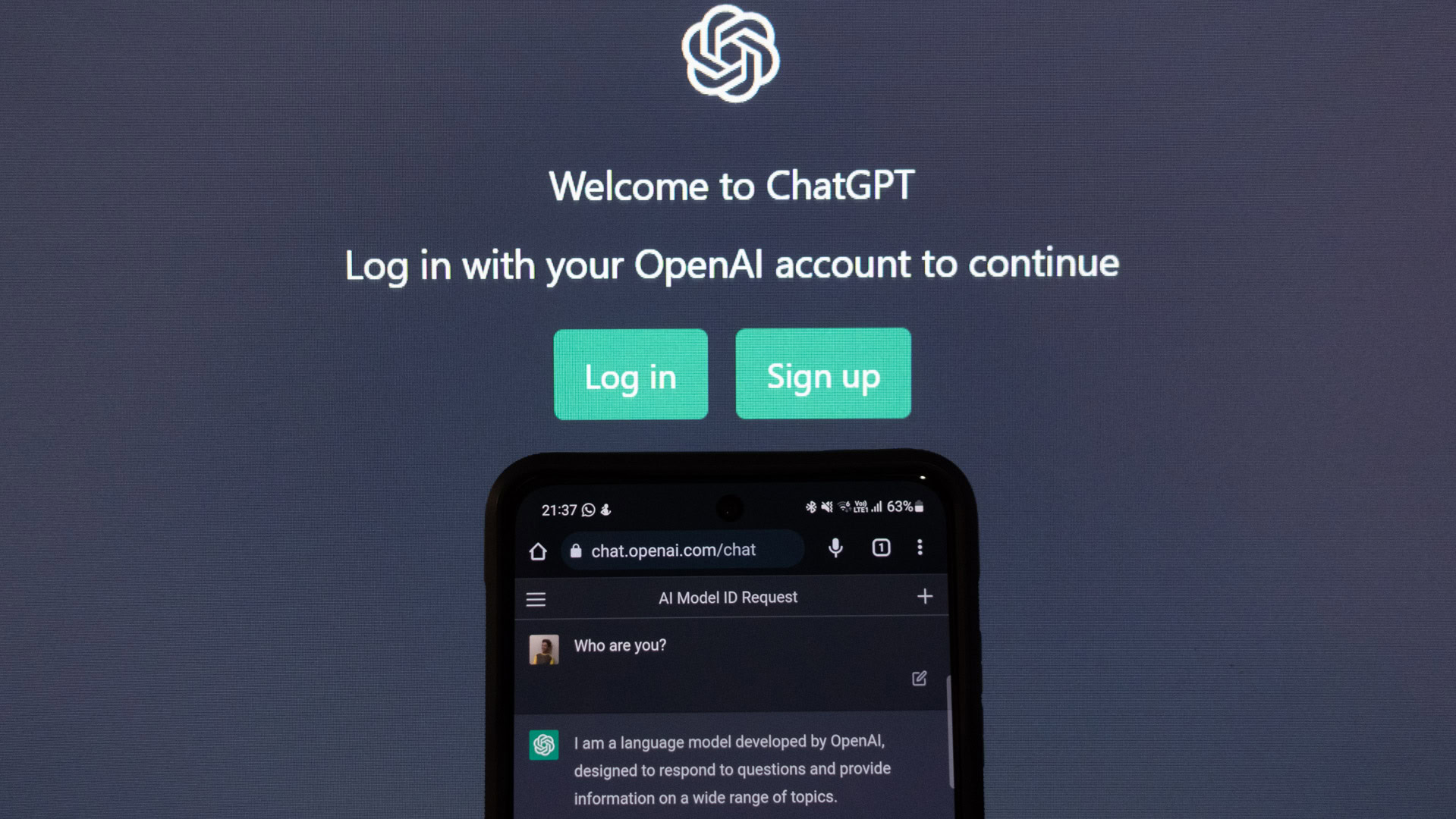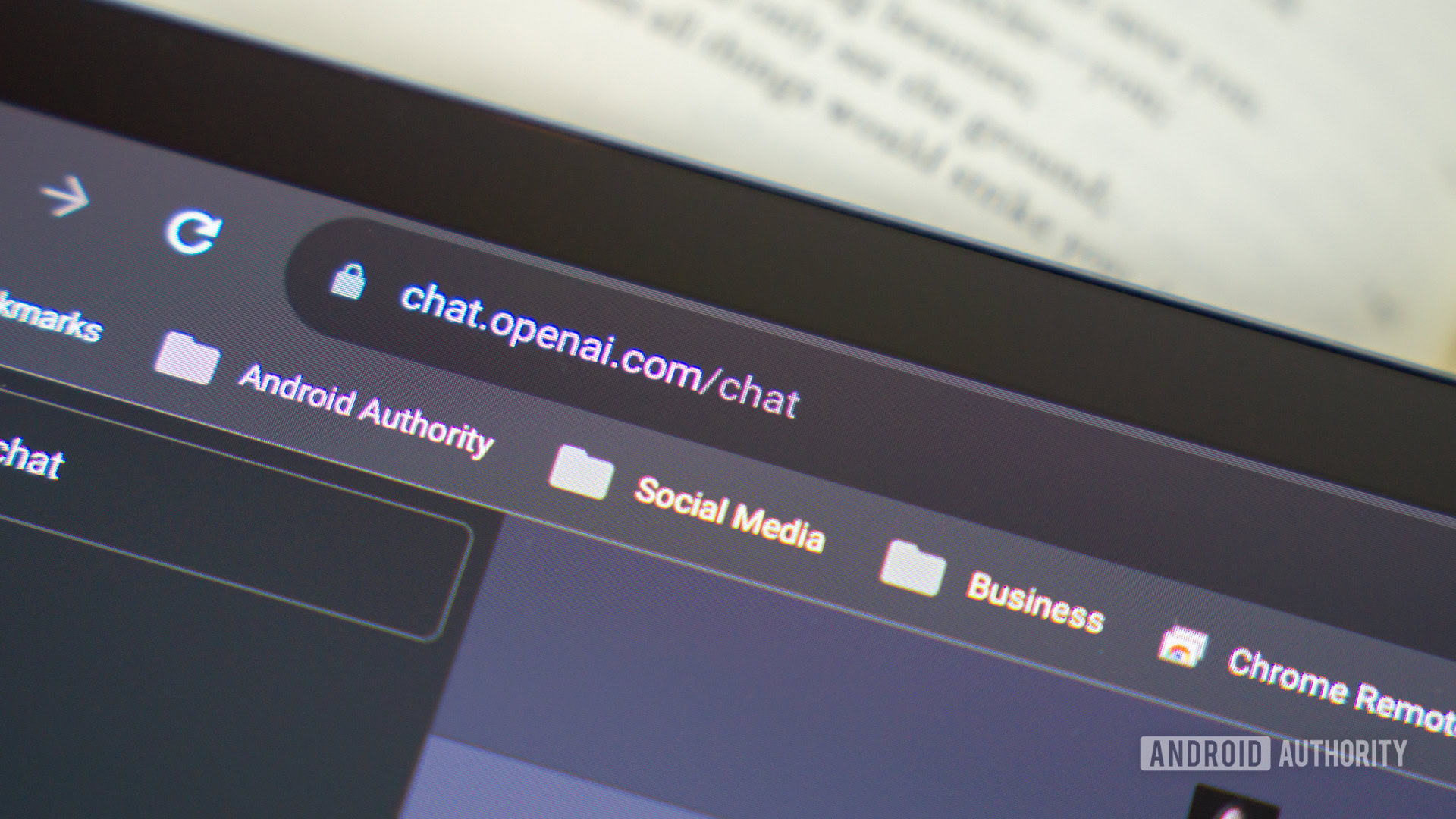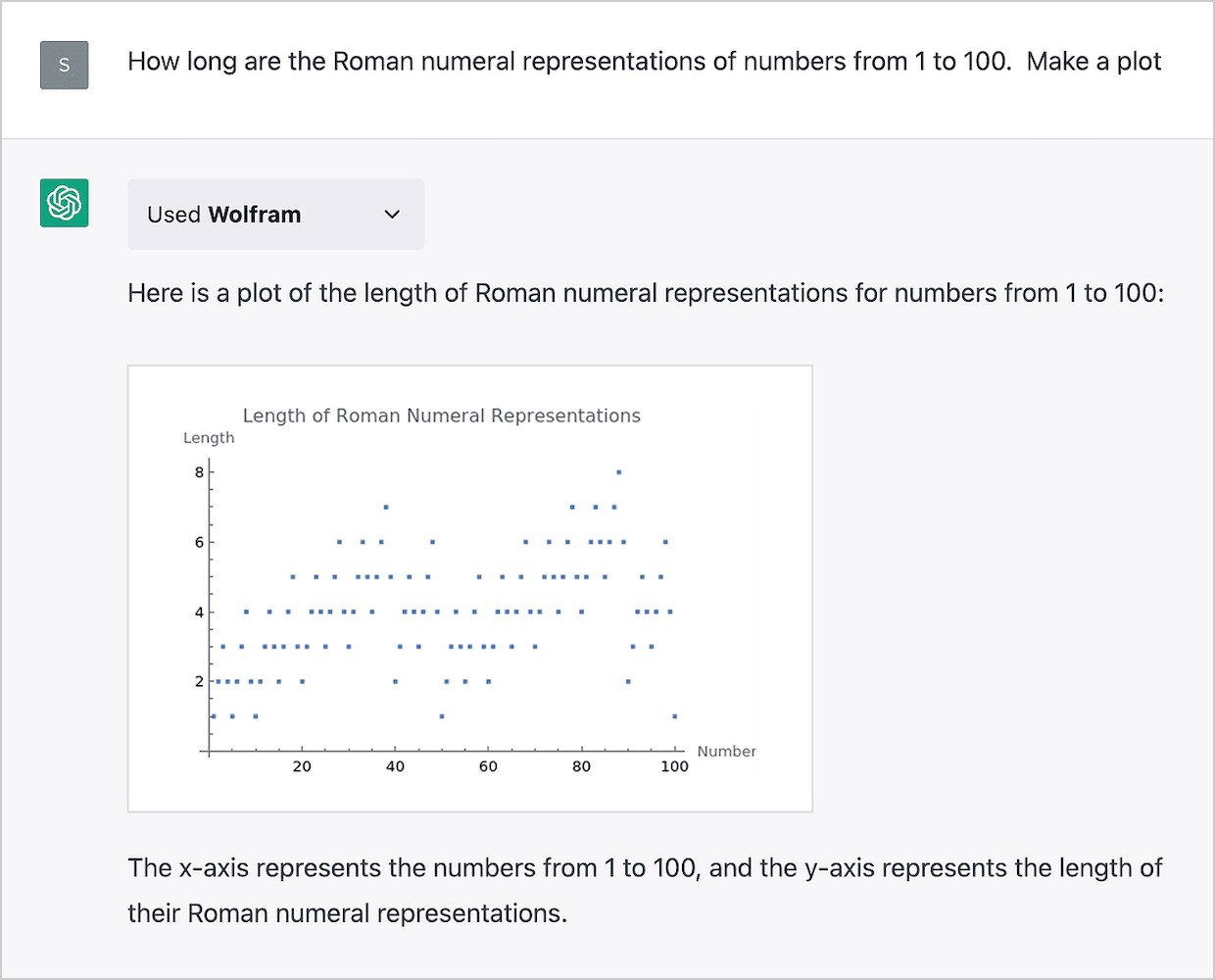Can ChatGPT solve math problems? Best practices, plugins, and alternatives

Calvin Wankhede / Android Authority
From writing essays to coding programs, there’s seemingly nothing modern AI chatbots like ChatGPT and Bing Chat cannot accomplish. But even though they seem limitless on the surface, they’re certainly not perfect. For one, these chatbots tend to make factual errors when talking about an obscure or lesser-known subject. Likewise, you may have heard that ChatGPT isn’t very adept at solving math problems.
So in this article, let’s dissect ChatGPT’s mathematical abilities and see how you can improve the chatbot in this area.
Can ChatGPT solve math problems?
Yes, ChatGPT can solve basic math problems but it’s not designed to do so. If you ask simple questions like “What is 13+33”, chances are you’ll get the correct answer. However, I’d recommend not trusting the chatbot to accurately solve advanced math problems like differential equations. That’s because ChatGPT tends to respond in an extremely confident manner that looks entirely correct at first glance. However, these responses can sometimes contain errors of varying degrees, large and small, that are exceedingly hard to catch or even notice.
ChatGPT can only solve basic math problems, but it’s nowhere near as reliable as a calculator.
To understand why, it’s worth exploring how ChatGPT works in the first place. Under the hood, the chatbot is powered by GPT-3.5, a machine learning model that was only explicitly trained to generate text like a human.
ChatGPT was trained on a huge text dataset, which just happened to include websites like Wikipedia, research papers, and perhaps even math-related textbooks. This training process enables ChatGPT to string individual words together to form sentences and eventually paragraphs. However, it wasn’t explicitly trained to perform mathematical operations or calculations at any point. So rather than saying it cannot solve a math problem, ChatGPT will respond with a completely made up (but plausible-sounding) solution. It only comes across as convincing because the chatbot has mastered the art of mimicking human dialog.
Should you use ChatGPT to solve math problems?

Edgar Cervantes / Android Authority
Large language models have gained some logical ability due to the sheer amount of data they tend to consume during the training process. This is known as “emergent behavior” in generative AI. However, this logical ability is neither reliable nor consistent, so it’s currently impossible to trust ChatGPT in non-language tasks.
Luckily, you can improve ChatGPT’s ability to solve math problems if you’re willing to pay for a ChatGPT Plus subscription. The $20 per month tier unlocks access to GPT-4 — a more recent language model with better math and logic capabilities.
ChatGPT Plus combined with the Wolfram plugin makes the chatbot adept at solving math problems.
According to ChatGPT creator OpenAI, GPT-4 scores highly on academic tests like SAT Math and AP Physics. Unsurprisingly, however, it placed in the 43rd to 59th percentile of test takers in the AP Calculus BC course. That means the chatbot will perform worse than the average college student, at least when it comes to solving calculus problems.
That’s not all, though. We can further improve the chatbot’s math skills with the help of plugins. We already have a roundup of the best ChatGPT plugins but Wolfram is our top recommendation for math and logical reasoning. It combines the Wolfram Alpha computing engine with ChatGPT’s ability to explain difficult concepts in plain English. With this plugin enabled, ChatGPT should solve most math problems with reasonable accuracy.
What are some alternatives to ChatGPT for solving math equations?

ChatGPT Wolfram plugin
If you’re trying to solve math problems for school, you may not want to fork over $20 per month for ChatGPT Plus and the ability to use plugins. In that case, you should do away with the chatbot entirely and use a different service that’s designed to handle math problems.
For example, Wolfram Alpha’s free tier can solve all manner of math problems, ranging from simple linear algebra to differential equations. Not just that, you can also ask anatomy-related questions and get information about chemical compounds. The only downside is that it’s not as verbose or chatty, so you won’t get long-winded answers or explanations. That said, you may prefer that approach as ChatGPT can sometimes output a long answer when all you care about is the end result.
I’d also recommend checking out the Photomath app — it lets you scan handwritten problems and even provides step-by-step solutions. Other than that, we’ve also put together a collection of ChatGPT alternatives but most of them aren’t optimized for math problems either.
For all the latest Technology News Click Here
For the latest news and updates, follow us on Google News.

